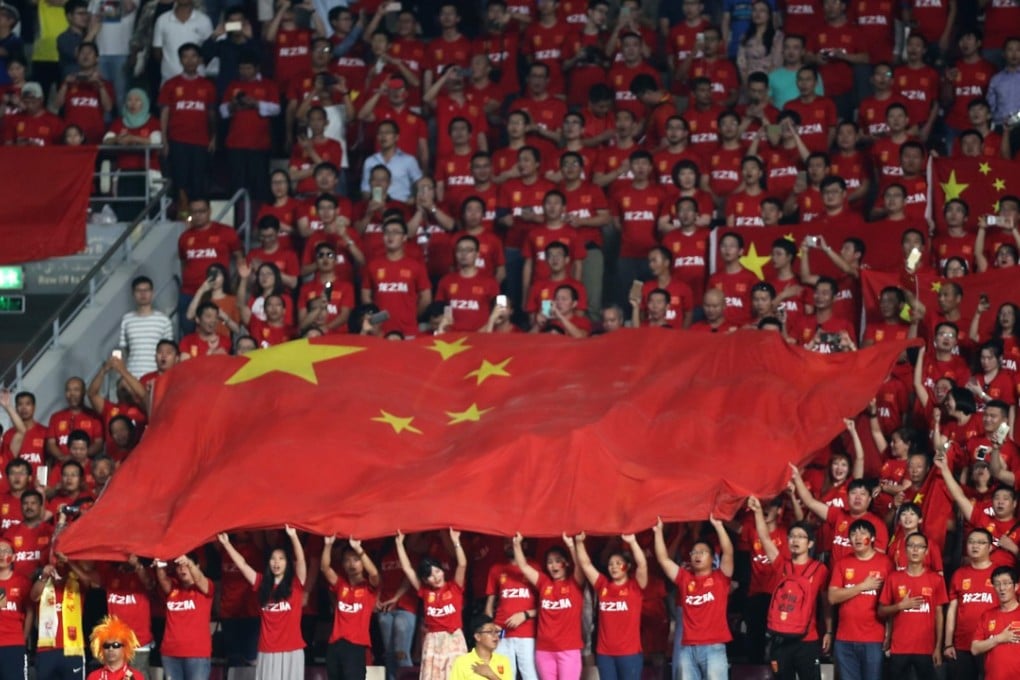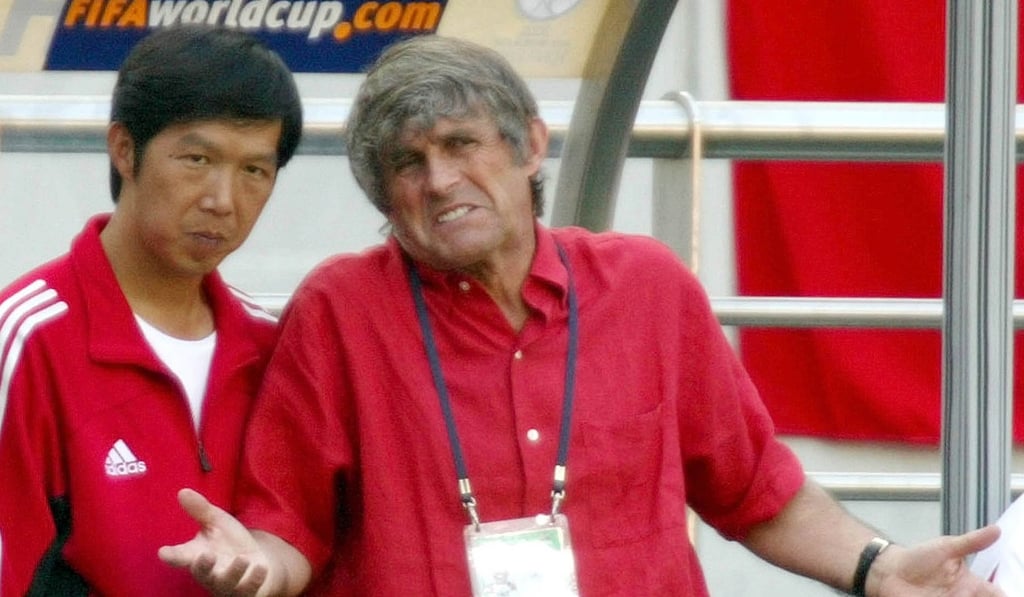China is making its mark at the 2018 World Cup in Russia, but not on the pitch where it counts
China’s commercial and financial might continue to ensure it is a key player in Russian proceedings, but it also serves to remind football fans how far they have to go to participate


Fans, sponsors, broadcasters, media and just about anyone else associated with the sport in China will be aiming to find a way to be in Russia for the next month, starting on Thursday when the hosts open the tournament against Saudi Arabia at Moscow’s Luzhniki Stadium.
More than 100,000 Chinese are expected to take advantage of visa-free travel between the countries during the month-long event with more than 40,000 tickets sold through Fifa’s official website by the end of last week to fans from China.
That number will swell further through hospitality packages sold via another of Fifa’s official partners, BH Hospitality and their mainland agent Shankai, with Chinese football fans based in Europe also expected to attend in significant numbers.